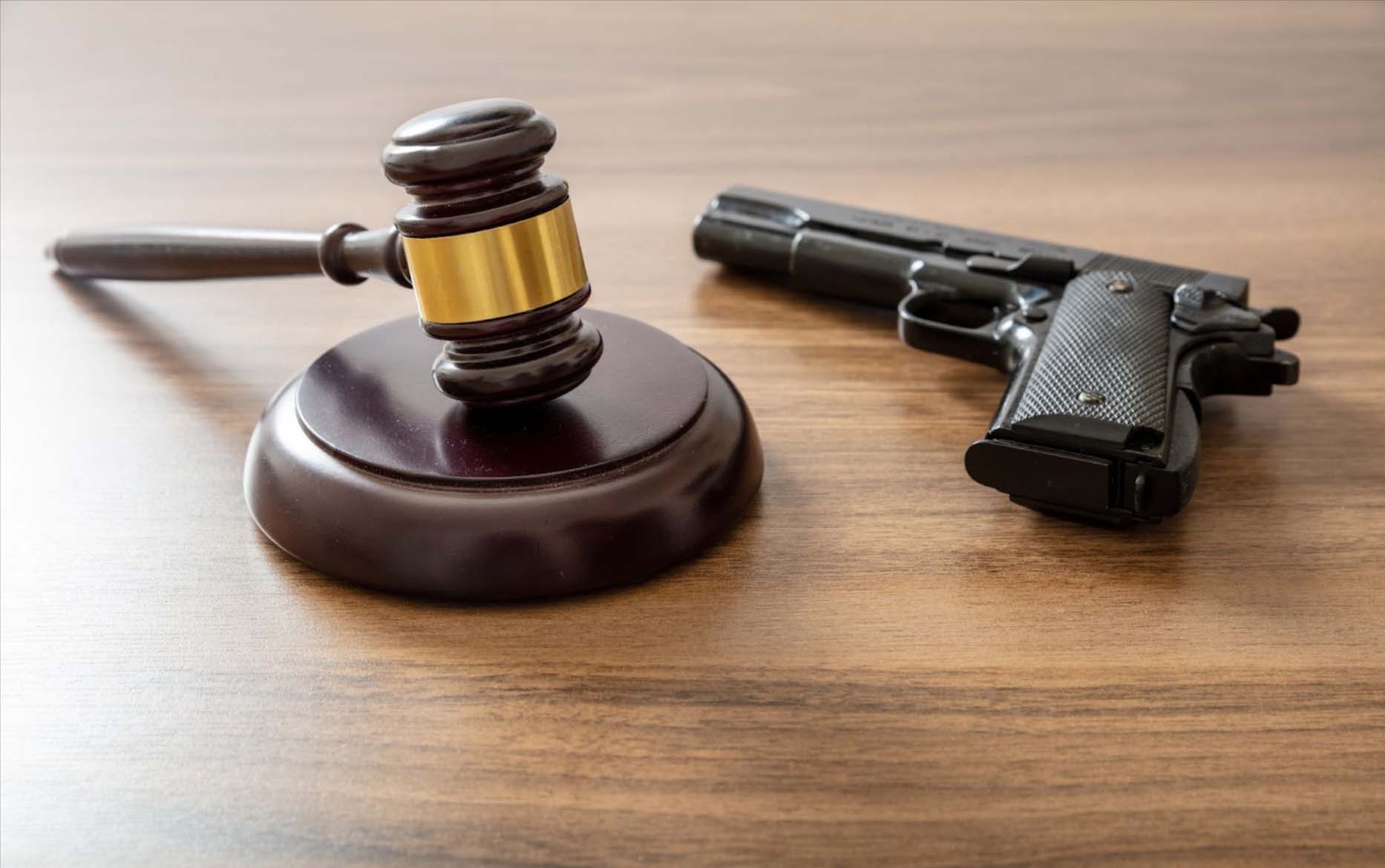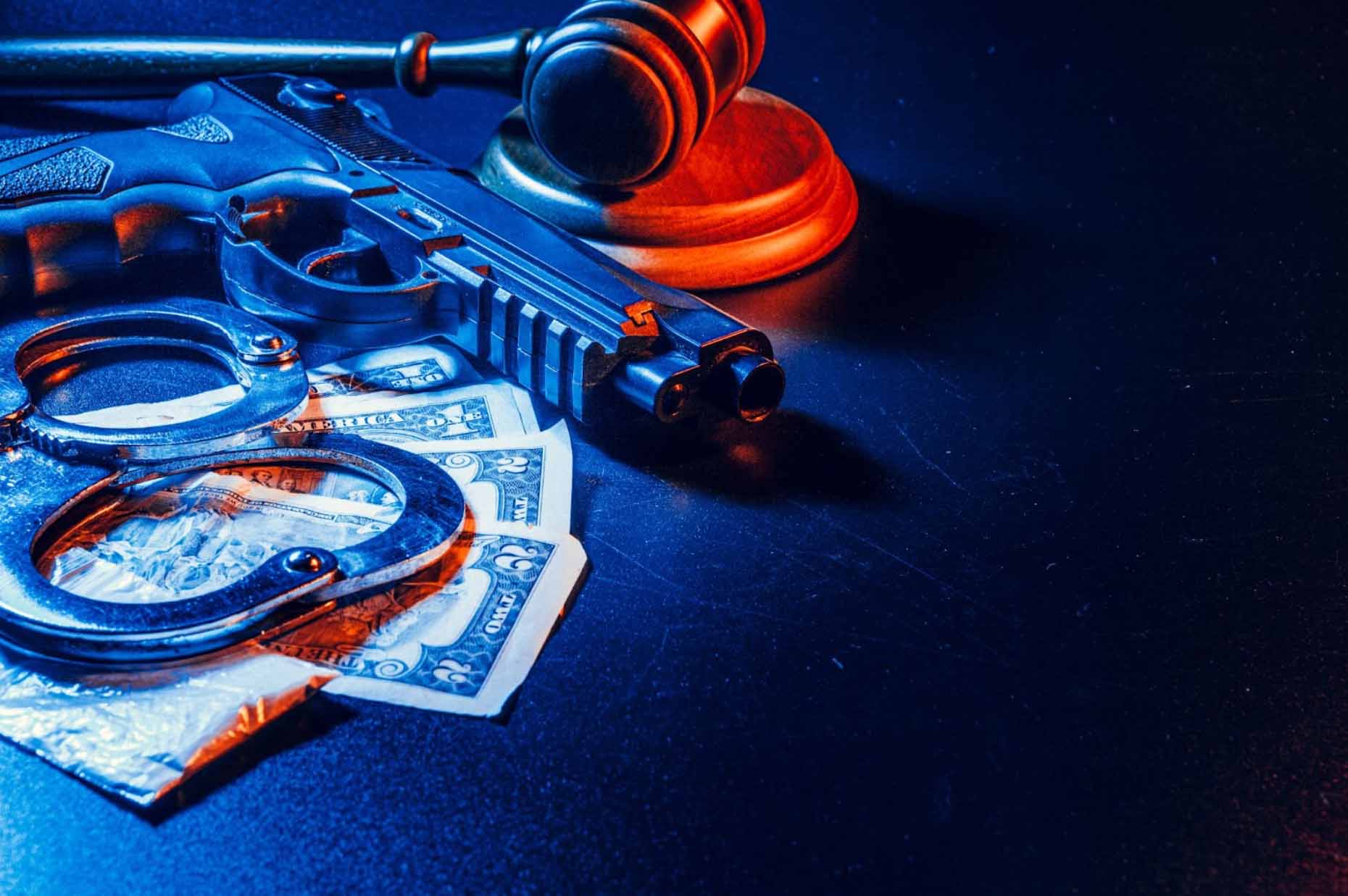Jun 19th 2024
Impact of Federal vs. State Gun Laws in Carthage
Impact of Federal vs. State Gun Laws in Carthage
Carthage, a community with a unique demographic and political makeup, has always had a complex relationship with gun laws. As gun ownership remains a fiercely protected right for many residents, understanding the nuances of how federal and state regulations impact local gun owners is essential. This piece aims to dissect these layers, clarifying how they affect local gun owners.
What's the Difference Between Federal and State Gun Laws?
The differences between federal and state gun laws reflect a complex legal landscape where national standards set a baseline and state regulations tailor these rules to local needs and circumstances. Understanding these distinctions is crucial for anyone involved in or affected by gun ownership.
Federal Gun Laws
Federal gun laws provide the basic legal framework for gun control in the United States and are enforced by agencies like the Bureau of Alcohol, Tobacco, Firearms and Explosives (ATF). These laws apply uniformly across all states and territories, ensuring a baseline level of regulation. Critical aspects of federal gun laws include:
Background Checks
These are mandatory for buying firearms from licensed dealers and are conducted through the National Instant Criminal Background Check System (NICS).
Firearm Types
Restrictions on owning certain firearms, such as automatic weapons, are heavily regulated and require special licensing.
Interstate Transport
Regulations governing the transport of weapons across state lines.
Age Restrictions:
Federal laws set minimum age requirements for purchasing handguns (21 years old) and long guns such as rifles and shotguns (18 years old).
State Gun Laws in Carthage
State gun laws in Carthage can vary widely from the overarching federal regulations, providing more specific rules tailored to local needs and concerns. Depending on Carthage's legislative environment, these local regulations can be stricter or more lenient than federal guidelines. Areas covered by Carthage's state laws include:
Carry Permits
Carthage may have specific rules on how firearms are carried, especially regarding concealed carry permits.
Possession and Use
There are likely specific laws in Carthage about where firearms can be carried and used, including restrictions on carrying guns in certain public areas or during particular events.
Additional Background Checks
Carthage could impose additional background checks or more extended waiting periods for firearm purchases than the federal requirements.
Magazine Capacity
Local laws might also limit the number of rounds a magazine can hold, which can differ significantly from federal law.
Understanding these specific state laws in Carthage is crucial for local residents to ensure they comply with all applicable legal standards, not just those imposed by the federal government.

Why Do You Need to Understand Both?
To navigate the complex landscape of gun ownership responsibly and legally, it is essential to understand both federal and state gun laws, as they each play a pivotal role in defining your rights and responsibilities.
Legal Compliance
As a gun owner or prospective buyer, you must comply with both laws. In cases where state laws are more restrictive than federal laws, the stricter state laws must be followed. Ignorance of the law is not typically considered a valid legal defense, so understanding these regulations is crucial to avoid unintentional violations.
Personal Safety and Responsibility
Knowing the laws helps ensure that you use and store firearms safely and legally, which is vital for your and others' safety.
Advocacy and Rights
Understanding federal and state gun laws is essential for effectively advocating for your rights as a gun owner. Knowledge of the law enables you to participate more actively in democratic processes, such as voting or lobbying for changes in legislation that affect gun ownership.
Travel Considerations
Knowing the laws in other states becomes essential if you travel with your firearm. What might be legal in your home state could lead to serious legal consequences in another state with stricter regulations.
Federal and state gun laws are critical in regulating firearms in the United States. For gun owners and enthusiasts, a thorough understanding of these laws is not just a matter of legal compliance but also a component of responsible ownership and civic awareness.
Impact of Federal and State Laws on Gun Owners in Carthage
For gun owners in Carthage, the layered structure of federal and state gun laws significantly affects how they purchase, own, and use firearms. Understanding the nuances of these laws is crucial for legal compliance, personal safety, and the exercise of constitutional rights. Here's a more detailed look at how these laws impact gun owners in Carthage:
Purchasing and Owning Firearms
Both federal and state regulations govern the process of buying a firearm in Carthage. Federal laws require background checks and set age limits. Still, Carthage may impose additional requirements, such as mandatory safety training courses or longer waiting periods, before finalizing the purchase.
Carrying Firearms
Carthage's specific laws regarding the carrying of firearms, especially concealed carry, can profoundly impact gun owners. If Carthage adheres to a "may issue" policy, authorities have significant discretion in issuing carry permits, leading to variability and uncertainty for residents seeking these permits.
Usage Restrictions
State laws in Carthage may also define where and when firearms can be used. Restrictions could include designated areas where shooting is allowed or specific bans on carrying guns in certain public places like schools, government buildings, or hospitals.
Legal and Financial Consequences
Non-compliance with Carthage's gun laws can lead to severe legal and financial consequences. Violations of gun laws, even if unintentional, can result in fines, confiscation of firearms, or even criminal charges.
Community Relations and Public Perception
Gun owners in Carthage also need to consider the broader social implications of how they exercise their gun rights. In a community where gun laws might be a contentious issue, responsible ownership and adherence to laws can influence public perception and contribute to ongoing debates about gun control and rights.
Overall, the impact of federal and state gun laws on Carthage's gun owners extends beyond simple legal compliance. These laws shape every aspect of gun ownership, from the acquisition and everyday use to broader social interactions within the community. Understanding and navigating these laws is essential for maintaining the legality, safety, and enjoyment of gun ownership in Carthage.

Who to Notify for Illegal Possession of Firearms or if an Abuser Has a Gun?
Suppose you believe an abuser should not have a gun, mainly if they are legally restricted from possessing one due to domestic violence restraining orders or criminal convictions. In that case, it's essential to take immediate action. Here are the steps and agencies you can notify:
Local Law Enforcement
Contact your local police department to report your concerns. Provide them with any evidence or information supporting your belief that the individual is unlawfully possessing a firearm. That could include details of restraining orders, probation or parole conditions, or any firearm threats.
District Attorney's Office
Inform the District Attorney's office in your area, particularly if the individual has a history of criminal behavior or if there is an active case against them. The District Attorney can pursue legal action to ensure the individual complies with the law.
State Police
If you believe the issue may have statewide implications, or if the local police do not take action, you can also contact your state police department. They can investigate violations of both state and federal gun laws.
Federal Bureau of Investigation (FBI)
For violations of federal law, mainly if the individual has lied on any federal forms related to firearm purchases or is otherwise prohibited under federal law from owning a gun, contacting the FBI may be appropriate.
Bureau of Alcohol, Tobacco, Firearms and Explosives (ATF)
The ATF can be notified if there are federal violations concerning firearms, such as possession of an illegally modified firearm or trafficking in firearms.
Domestic Violence Hotline or Advocacy Groups
While not law enforcement agencies, these organizations can guide how to proceed and suggest other steps based on local laws and resources. They can also offer support and additional safety planning.
Tips for Reporting an Abuser
When reporting concerns about an abuser possessing a firearm, it's crucial to keep detailed records, seek legal advice, and prioritize your safety throughout the process.
Document Everything
Keep records of any interactions, threats, or incidents involving the abuser that may support your claims.
Seek Legal Advice
Consult with a lawyer specializing in domestic violence or firearm laws to ensure your actions are legally sound and practical.
Prioritize Safety
If you believe there is any immediate threat to yourself or others, call 911 or your local emergency number.
These steps can help ensure that firearms are kept out of the hands of individuals who legally should not possess them, thereby increasing safety for everyone involved.
Learn More About Gun Laws in Your Area
For more detailed insights and local expertise on navigating gun laws in Carthage, visit our Gunline Shooting blog for personalized advice and resources. Check out our blog for ongoing updates and discussions about gun ownership rights and responsibilities.

